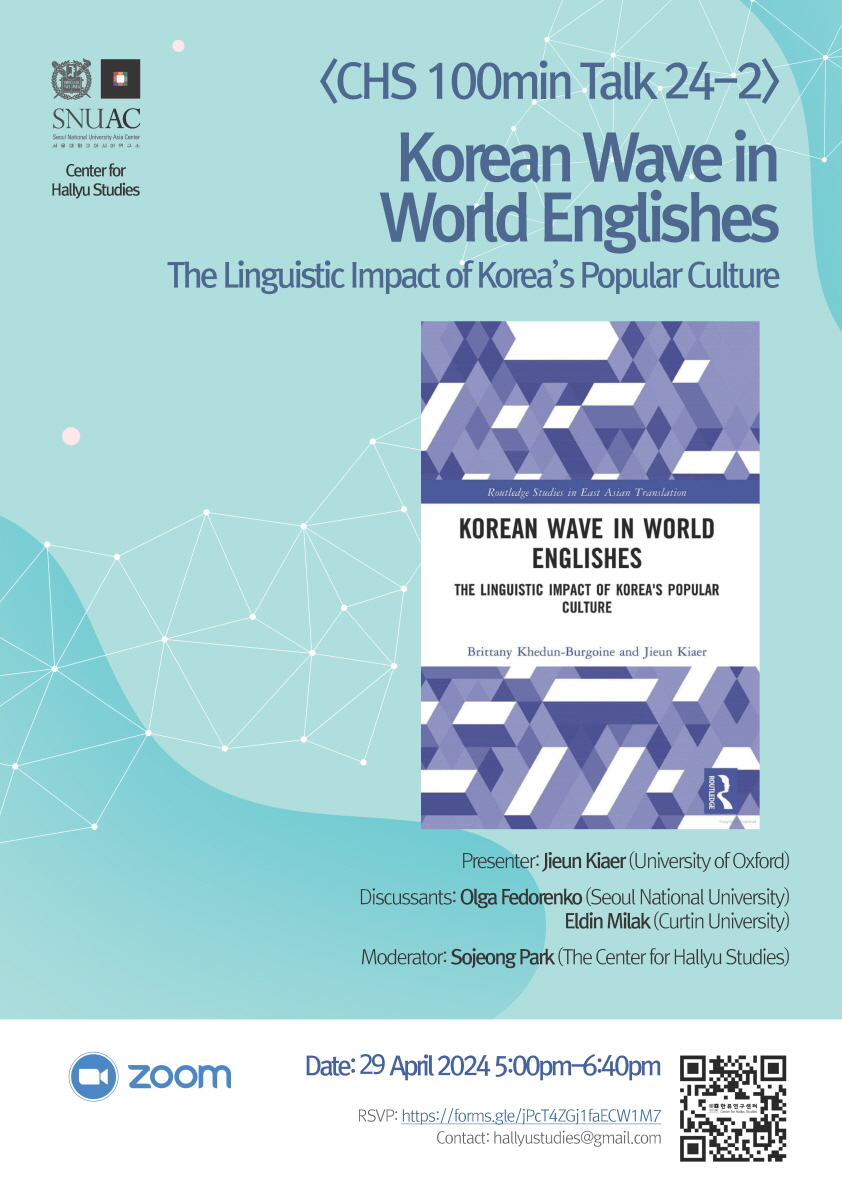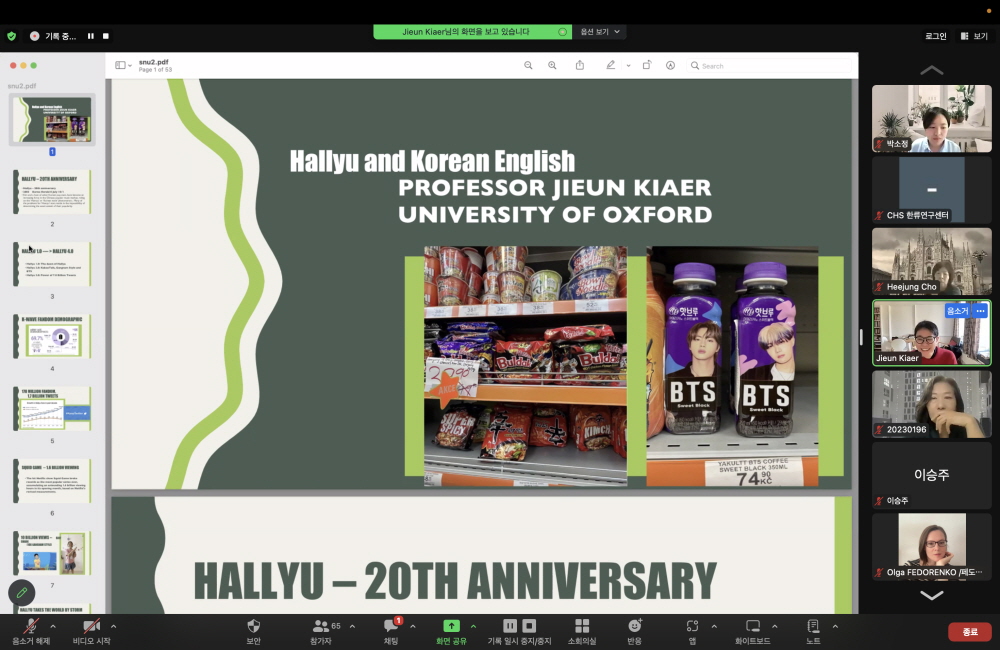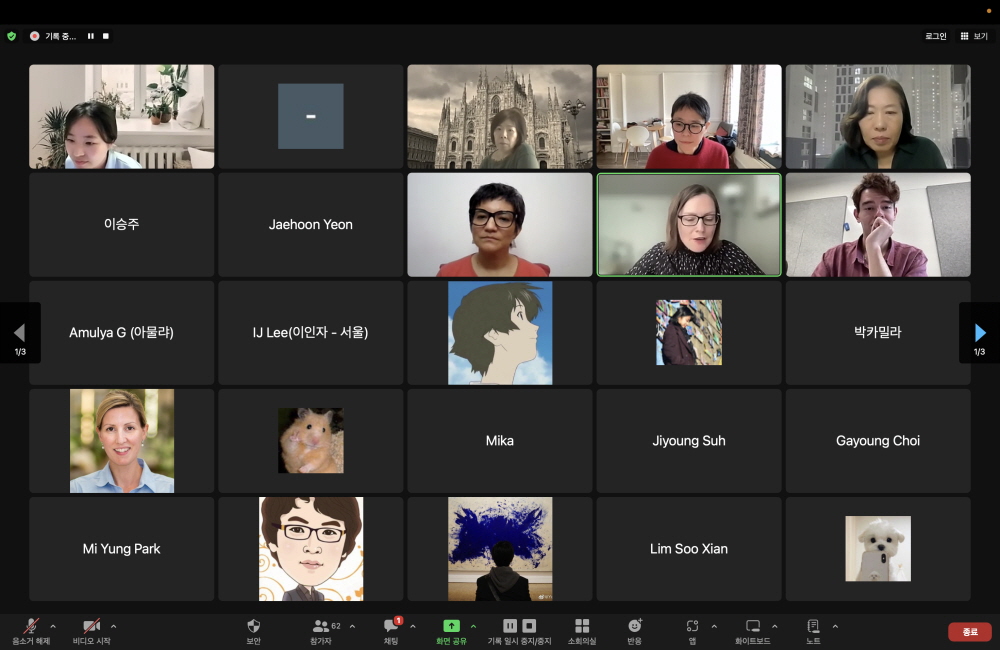
This book examines the linguistic impact of the Korean Wave on World Englishes, demonstrating that the K-Wave is not only a phenomenon of popular culture, but also language.
The “Korean Wave” is a neologism that was coined during the 1990s that includes K-pop, K-dramas, K-film, K-food, and K-beauty, and in recent years it has peaked in global popularity. This book intends to show how social media phenomena have facilitated the growth of Korea’s cultural influence globally and enabled a number of Korean origin words to settle in varieties of Englishes. This in turn has globalised Korean origin words and revolutionised the English language through an active and collaborative process of lexical migration. Korean origin words such as oppa (older brother) are no longer bound solely to Korean-speaking contexts. The study focuses primarily on media content, particularly social media, corroborated by case studies to examine how linguistic innovation has been engendered by the Korean Wave.
Suitable for students and researchers of Korean linguistics, Korean culture, Korean popular culture, and translation studies, this book is the first detailed study of the global linguistic impact of the Korean Wave.
Presenter: Jieun Kiaer (University of Oxford)
Discussants: Olga Fedorenko (Seoul National University)
Eldin Milak (Curtin University)
Moderator: Sojeong Park (The Center for Hallyu Studies)
Photos
Review
지난 4월 29일, 한류연구센터는 <Korean Wave in World Englishes: The Linguistic Impact of Korea’s Popular Culture>라는 제목으로 북토크를 진행하였다. 국내외 연구자 및 학생 63명이 참가한 가운데 Jieun Kiaer 교수(University of Oxford)가 발표자로 나섰다. Kiaer 교수는 한류의 영역이 비단 케이팝, 드라마, 뷰티 등에 한정되어 있지 않다고 이야기하며, 최근 ‘한국어’와 ‘한글’에 대한 관심이 전세계적으로 높아지고 있음을 밝혔다. 일례로 2021년에는 26개의 한국어 단어가 옥스포드 영어사전 (이하 OED)에 등재됐다. 이는 한국어 단어가 영어 사용 공간에서도 매우 흔히 쓰인다는 사실을 방증한다. 흥미로운 점은 영어권의 한류 팬덤은 공식적인 로마자 표기법을 따르지 않고 그들이 원하는 대로 표기를 한다는 것이다. ‘언니’를 ‘eonni’가 아닌 ‘unni’라고 표기하는 것이 그 예다. Kiaer 교수는 ‘대박’과 같은 한국어를 그대로 로마자 표기법으로 바꾸어 쓰거나, ‘ㅠㅠ(우는 모습)’과 같은 한국식 이모티콘을 영어와 함께 사용하는 모습을 포착하며, ‘언어적 장벽을 넘는’ 한류 팬덤의 발화 양상에 주목했다. 이에 Jieun kiaer 교수가 제시한 개념인 ‘translingual words’는 상술한 ‘언어적 장벽을 넘는’, 혹은 그 경계에 있는 단어에 대한 설명력을 갖는다. 이는 외국어와 하위문화 어휘 그리고 혼종적 어휘를 모두 포함하는 개념이라 할 수 있다. 언어적 경계에 존재하는 translingual words는 다른 언어들 안에서 여행하고 또 재정착하는 과정 안에서 새로운 미묘한 의미를 갖게 된다. 한편 발표에 이어 Olga Fedorenko(서울대학교) 교수와 Eldin Milak(Curtin University)가 토론자로 나서 자리를 빛내주었다.







